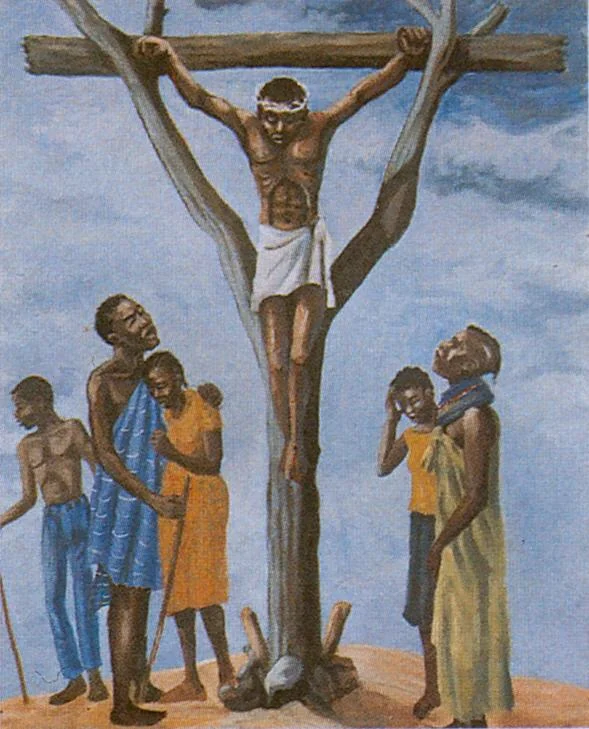Readings for the day: Deuteronomy 20, 21, 22, 23
Buried in all the discussion today about who gets stoned for what and when is this key passage that the Apostle Paul will pick up later in Galatians and apply to Christ. “And if a man has committed a crime punishable by death and he is put to death, and you hang him on a tree, his body shall not remain all night on the tree, but you shall bury him the same day, for a hanged man is cursed by God. You shall not defile your land that the Lord your God is giving you for an inheritance.” (Deut. 21:22-23) Blessings and curses are a huge theme in Deuteronomy. If you do well, you will be blessed. If you rebel against the commands of God, you are cursed. And not just you but your family, your land, your friends and neighbors because every action we take has communal consequences. This is why God is constantly telling His people to expel those who break His law lest they defile the land.
Enter the Apostle Paul. He picks up on this theme of “blessings and curses” in the Book of Galatians. He is writing to a group of largely Gentile believers who are doing their best to keep the Law of Moses. The entire book is a forceful critique that draws a sharp contrast between life under the Law and life under the Spirit. “For all who rely on works of the law are under a curse; for it is written, "Cursed be everyone who does not abide by all things written in the Book of the Law, and do them." Now it is evident that no one is justified before God by the law, for "The righteous shall live by faith." But the law is not of faith, rather "The one who does them shall live by them." Christ redeemed us from the curse of the law by becoming a curse for us—for it is written, "Cursed is everyone who is hanged on a tree"— so that in Christ Jesus the blessing of Abraham might come to the Gentiles, so that we might receive the promised Spirit through faith.” (Galatians 3:10-14) Basically, Paul argues that when we seek to justify ourselves by keeping the Law, we take on the curse because no one can actually achieve what the Law demands. Furthermore, he tags Abraham and reminds God’s people that it is not the Law that justifies in the first place but faith! Abraham believed God and was justified. What then happens to the Law? What about the all the curses that have piled up over the centuries through the failure of God’s people to keep it? Christ literally becomes the curse for us! He literally takes our place and perfectly satisfies the Law’s just demands. And the sign of this great salvific event is the Cross. The place where Jesus literally hangs on a tree, becoming cursed on our behalf. As we know, He doesn’t hang there all night but is buried that same day in accordance with the instructions given in Deuteronomy so even in His death, He fulfills the Law.
This, in itself, is incredible news but Paul’s not done! Not only did Christ remove the curse by His saving death, He also unleashed all the blessings! All the promises God made to His people from Abraham forward are now ours in Christ Jesus! All the blessings of obedience are given to us because of Christ’s great faithfulness! This includes the very Spirit of God which is now our inheritance as adopted sons and daughters of God!
It is so easy to make the mistake of reading Deuteronomy and get crushed by the weight of expectations. We read about the blessings and curses and think immediately of our own lives and how often we fall short. We start to wonder and question our faith in God. We immediately recognize the gap that exists between who we are and who we should be. We look at the list and see all the things we should do that we don’t do and all the things we do that we shouldn’t do. An honest person knows they’ve sinned and fallen short of God’s glory. An honest person knows they have done things that bring them under the curse. Even earned them death. An honest person looks at the sin of their life and experiences deep grief over what they have done. All that is good because it drives us to Christ! It brings us completely to the end of ourselves. The end of our pride. The end of our self-sufficiency. And it is there that Christ meets us with open arms. Hands and feet bearing the scars from where He hung on the tree. He embraces us. He lets us know all has been accomplished. The work of salvation has been finished. We are free.
